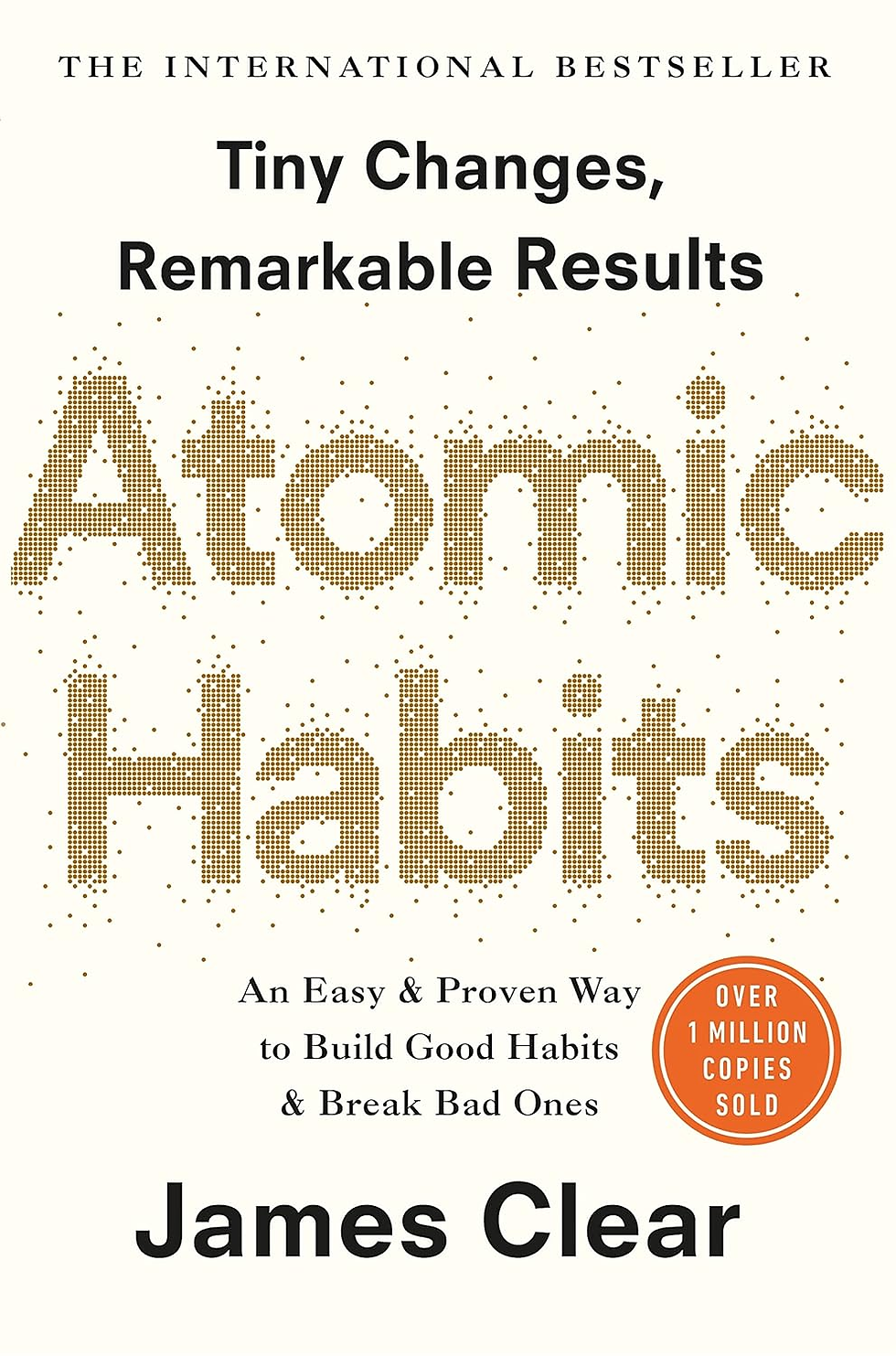5 non-fiction books that students should read
- Yao Le Chen
- Aug 19, 2024
- 3 min read
Reading non-fiction is a great way for you to expand your knowledge, develop critical thinking skills, and gain a deeper understanding of the world around you.
Here are five must-read non-fiction books that you can read as a student:
1. Man's Search for Meaning by Viktor E. Frankl
Viktor Frankl’s "Man's Search for Meaning" is an essential read for anyone looking to understand the power of purpose and resilience. Frankl, a Holocaust survivor and psychiatrist, shares his harrowing experiences in Nazi concentration camps and introduces logotherapy, a psychological approach centered on finding meaning in life. This book is a powerful reminder of the human capacity to endure hardship and find significance even in the darkest times.
Key Themes: Resilience, purpose, human spirit
Why It's Important: It helps you appreciate the importance of finding meaning in life, which can be a source of strength and motivation in the face of challenges.
2. "Atomic Habits: An Easy & Proven Way to Build Good Habits & Break Bad Ones" by James Clear
James Clear’s "Atomic Habits" is a practical guide to transforming habits and achieving long-term success. Clear explains the science behind habit formation and offers actionable strategies for building good habits and breaking bad ones. The book emphasises the power of small, incremental changes that can lead to significant improvements over time. I have also written a post here on using atomic habits to study better.
Key Themes: Habit formation, personal development, productivity
Why It's Important: It provides you with practical tools to improve your study habits, productivity, and overall well-being, helping you achieve your academic and personal goals.
3. "Sapiens: A Brief History of Humankind" by Yuval Noah Harari
"Sapiens" by Yuval Noah Harari offers a sweeping overview of the history of the human species, from the emergence of Homo sapiens in Africa to the present day. Harari explores how biology and history have shaped our societies, cultures, and behaviours, providing a broad perspective on what it means to be human.
Key Themes: Human evolution, history, society
Why It's Important: It gives you a comprehensive understanding of human history and the factors that have shaped our world, fostering a deeper appreciation of our shared past and present.
4. "Surely You're Joking, Mr. Feynman!": Adventures of a Curious Character by Richard P. Feynman
Richard P. Feynman’s "Surely You're Joking, Mr. Feynman!" is a collection of anecdotes and adventures from the Nobel Prize-winning physicist. Through his witty and often humorous storytelling, Feynman shares his curiosity about the world, his unconventional approach to problem-solving, and his love for learning.
Key Themes: Curiosity, problem-solving, scientific thinking
Why It's Important: It inspires you to approach learning with curiosity and creativity, demonstrating that a passion for discovery and a sense of humour can lead to remarkable achievements.
5. "Quiet: The Power of Introverts in a World That Can't Stop Talking" by Susan Cain
In "Quiet," Susan Cain explores the undervalued strengths of introverts in a culture that often prioritises extroversion. Through research, stories, and personal anecdotes, Cain highlights the contributions of introverts and encourages readers to embrace their unique qualities.
Key Themes: Introversion, personality, societal norms
Why It's Important: It helps you understand and appreciate different personality types, promoting self-acceptance and encouraging a more inclusive and understanding social environment.
Conclusion: Why These Must-Read Non-Fiction Books for Students Matter
These five non-fiction books provide valuable insights and lessons. Some of these may have been written a long time ago, but they remain relevant even today.
Which of these books have you already read?
Man's Search for Meaning
Atomic Habits
Sapiens
Surely You're Joking, Mr. Feynman!
You can vote for more than one answer.














Comments